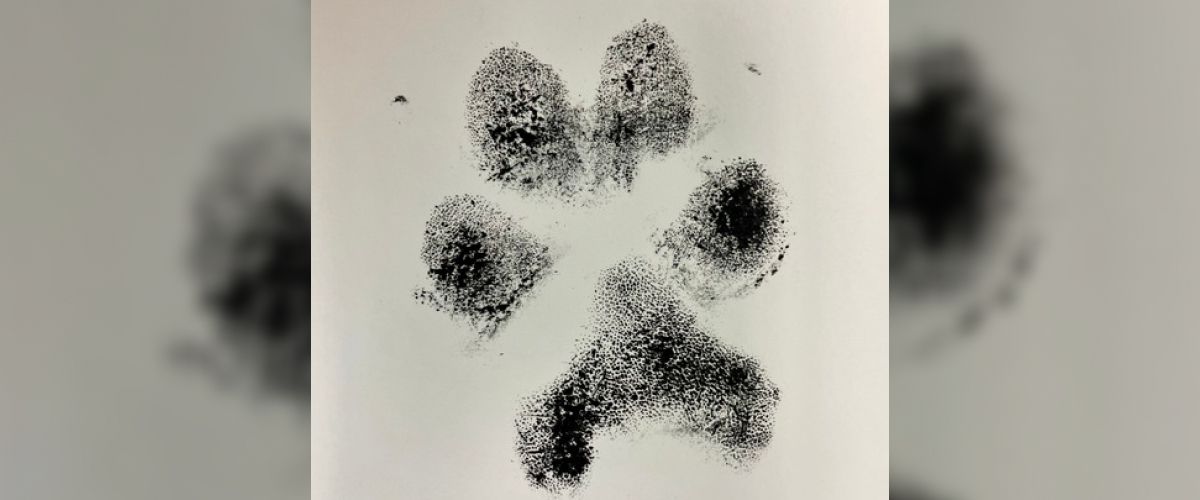Health Screening for Senior Pets
As pets grow older, their health needs change, and they become more susceptible to age-related conditions. Health screening for senior pets is an essential part of responsible pet ownership, allowing you to detect and manage potential issues before they become serious. By understanding the importance of routine screenings and what they involve, you can ensure your pet’s golden years are as comfortable and healthy as possible.
Why Health Screening is Essential for Senior Pets
Aging pets are at higher risk for chronic conditions such as arthritis, diabetes, kidney disease, and heart problems. Many of these issues progress gradually, showing little to no outward signs until they reach advanced stages. Regular health screenings help detect abnormalities early, enabling timely intervention and better management of your pet’s overall health.
When to Start Health Screenings
Most pets are considered “senior” around the age of 7, though this can vary by species and breed. Larger dog breeds, for example, may enter their senior years as early as 5, while smaller breeds and cats might not reach this stage until they’re 8 or older. Consult your veterinarian to determine when to begin senior health screenings for your pet and establish a schedule for routine evaluations.
Components of a Senior Pet Health Screening
A thorough senior health screening typically includes:
- Physical Examination : A veterinarian will check for lumps, weight changes, dental health, joint mobility, and other physical signs of aging.
- Blood Tests : These assess organ function, detect anemia, and identify potential metabolic disorders such as thyroid imbalances or diabetes.
- Urinalysis : Testing urine helps evaluate kidney and bladder health, detect infections, and identify signs of diabetes.
- X-rays or Ultrasound : Imaging studies can reveal hidden conditions like arthritis, tumors, or heart and lung issues.
- Dental Evaluation : Dental disease is common in senior pets and can lead to systemic infections if left untreated.
- Blood Pressure Monitoring : High blood pressure often accompanies conditions like kidney disease or heart issues in older pets.
Preventive Measures Based on Screening Results
Health screenings not only identify existing conditions but also guide preventive care strategies. For example, if a senior pet shows early signs of arthritis, your veterinarian may recommend joint supplements, a weight management plan, or low-impact exercises. Pets with early kidney disease may benefit from a specialized diet and increased hydration.
Signs That Your Senior Pet Needs Immediate Veterinary Attention
While routine screenings are vital, some signs warrant immediate veterinary attention:
- Changes in appetite or weight
- Difficulty walking or standing
- Excessive thirst or urination
- Persistent coughing or labored breathing
- Behavioral changes such as confusion or lethargy
The Role of Pet Owners in Senior Pet Care
As a pet owner, you play a vital role in monitoring your senior pet’s health. Keep track of their eating habits, activity levels, and overall demeanor. Maintaining a journal of any changes can help your veterinarian make accurate diagnoses and recommendations during screenings.
Ensuring a Happy, Healthy Life for Senior Pets
Health screening is a proactive step toward ensuring your senior pet enjoys a high quality of life. Regular check-ups and early detection of potential health issues can extend their lifespan and improve their overall well-being. With proper care, your furry, feathered, or scaly companion can continue to thrive well into their later years.
The post Health Screening for Senior Pets appeared first on Angelpaw.







